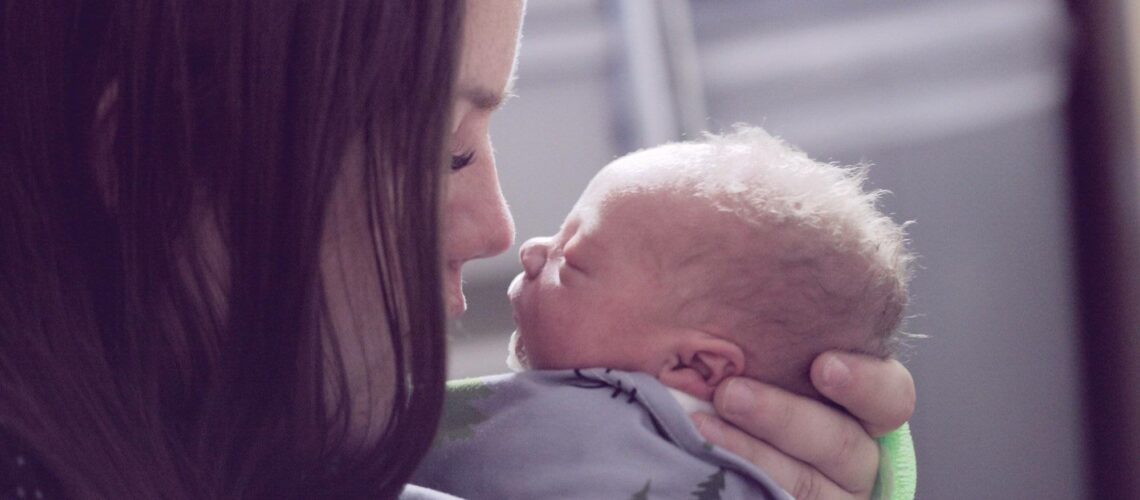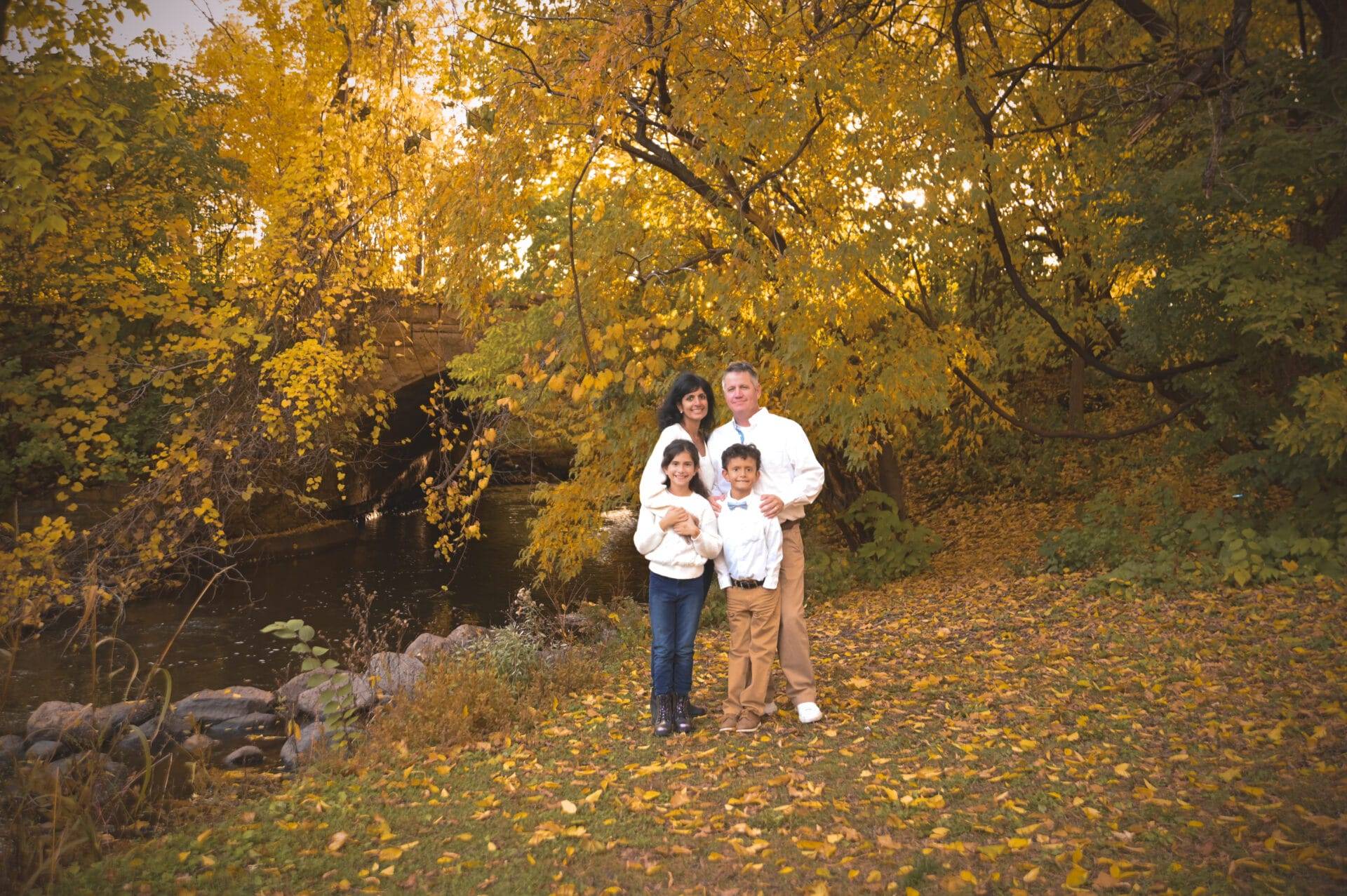Play is the primary way that infants learn how to relocate, connect, mingle, and also understand their environments. During the very first month of life, your baby will certainly discover by engaging with you.
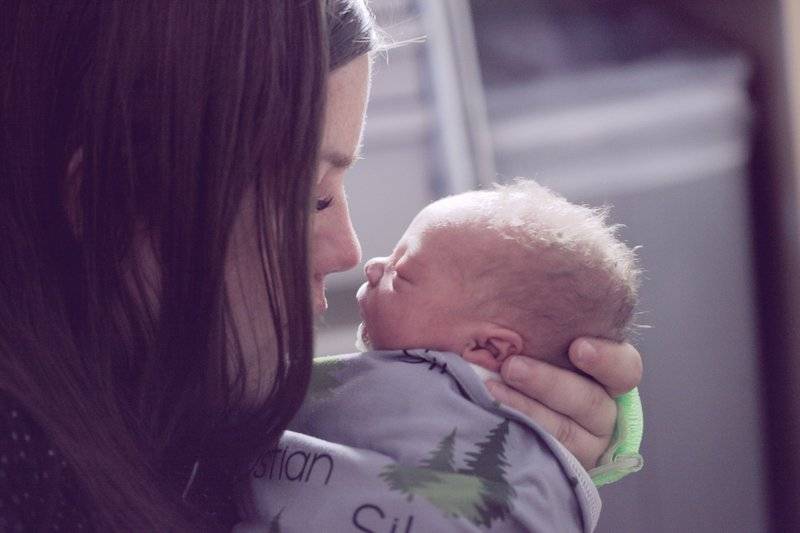
The first thing your infant will learn is to connect the feel of your touch, the sound of your voice, and the sight of your face with obtaining his/her demands for comfort and food satisfied.
Even at this young age, babies prepare to find out about the world around them. Your newborn enjoys looking at your face. Newborns can acknowledge and respond to mom’s voice (or various other interesting noises) by looking sharp and also ending up being less energetic. The infant might look for where the audio is coming from by looking around and turning his/her head.
Encourage this reaction with your smiles, comforting sounds, and also gentle caresses. When you grin as well as talk to your baby, your face and the audio of your voice will certainly come to be a familiar resource of calm and convenience. Your baby will certainly find out to connect you with sustenance, warmth, and a comforting touch.
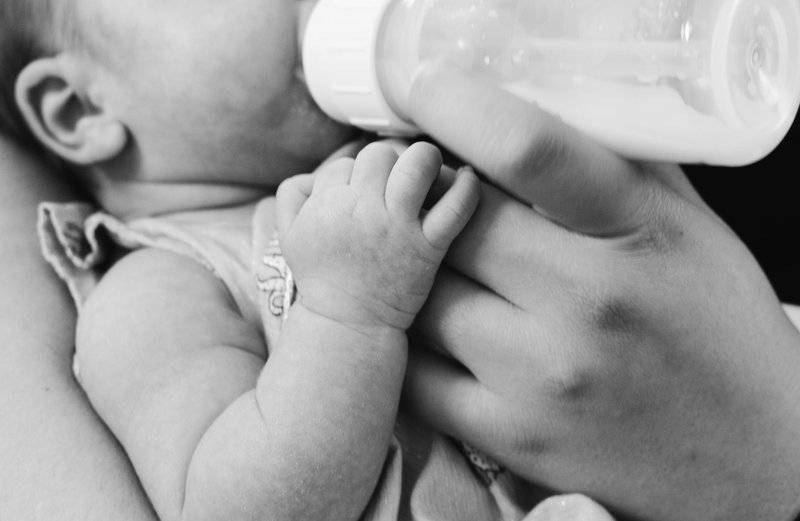
What Is the “Rooting Reflex”?
Infants are born with spontaneous reflexes that help ensure survival. Reflexes also are a method for children to engage with the world. Gently stroking a newborn’s cheek will make the infant turn the head as well as mouth to that side, all set to eat. This is called the rooting response. By this time they’re around 3 weeks old. Newborns will turn towards the bust or container not even if not from reflex because they’ve discovered that it’s a source of food.
Asleep, Active, or Alert?
During the very first month of life, your newborn will certainly spend much of the day resting or appearing sluggish. Over the following number of weeks to months, your infant will certainly be alert and also conscious for longer periods of time. You’ll find out to acknowledge when your infant prepared to play and also discover:
- A baby that is alert as well as quiet will certainly be attentive and responsive as well as thinking about surroundings.
- A child who is awake, however active (agonizing, flapping arms, or kicking legs) or fussing is less able to focus on you. When you try to get his or her attention, the baby may seem dismayed or cry. These are indicators that your infant might be hungry, tired, or overstimulated.
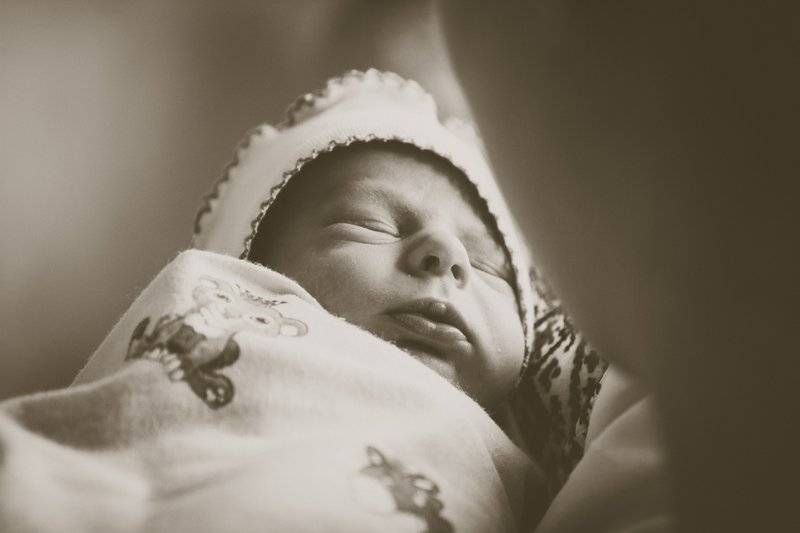
How Can I Help My Newborn Learn?
As you care for your newborn, talk, smile, as well as engage with your baby. Enjoy just how your baby moves or begins to coo back when you talk.
In the very first couple of months, you may want to introduce some basic, age-appropriate toys that appeal to the detects of touch, hearing, as well as view, such as:
- rattles.
- textured toys.
- musical playthings.
- unbreakable crib mirrors.
Try playthings and mobiles with contrasting shades as well as patterns. Solid contrasts (such as red, white, and black), curves, and also symmetry promote an infant’s establishing vision. As vision enhances and children gain even more control over their movements, they’ll connect more things with their surroundings.
A few other Ideas.
Here are some other ideas for encouraging your newborn to play as well as learn:
- Put on calming songs and also hold your infant, delicately swaying to the tune.
- Pick a comforting song or lullaby and softly sing it to your baby. The knowledge of the sound and also words will certainly have a soothing effect, particularly during picky times.
- Smile, stick out your tongue, and make other expressions for your baby to examine, find out, and also copy.
- Use a preferred plaything for your newborn to concentrate on and also adhere to, or shake a rattle for your infant to find.
- When a bit older, let your baby invest some tummy time to enhance the neck and also shoulders. Constantly monitor your baby throughout “tummy time” as well as prepare to help if he or she becomes tired or annoyed in this position. Never place an infant to sleep on his/her stomach– children should sleep on their backs to decrease the danger of SIDS (Sudden Infant Death Syndrome).
- Talk to your infant.
Bear in mind that children learn at various rates and there is a large range to what is considered “typical development.” Most importantly, it is always best to speak to your physician if you have any kind of concerns about your baby’s development.
